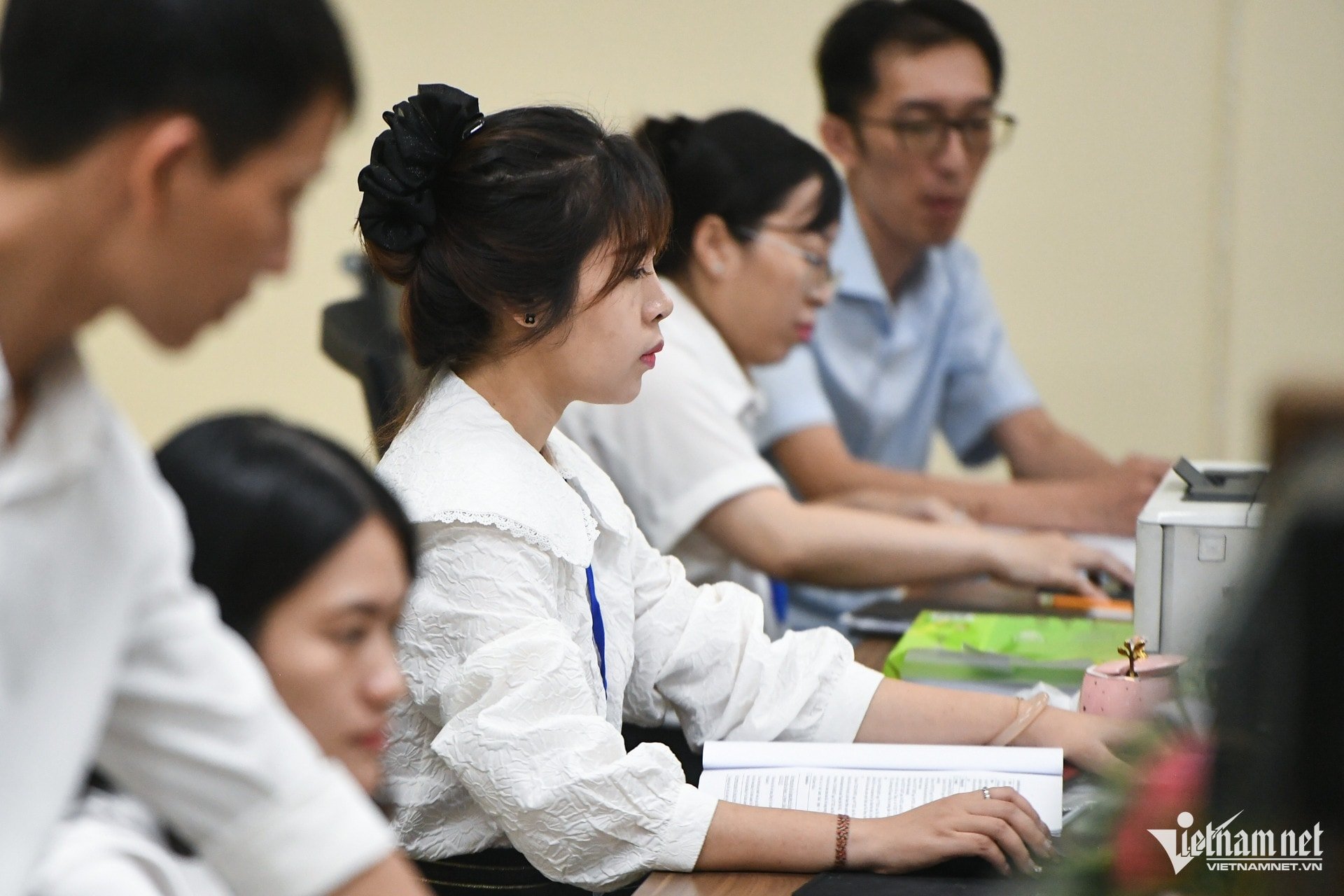
Recently, a series of questions from officials, civil servants, and workers in localities have been sent to the Ministry of Home Affairs regarding the leave regime according to Decree 178 on policies and regimes for officials, civil servants, public employees, workers, and armed forces in the implementation of organizational restructuring. Many cases have arisen from practice, especially after July 1 - the time when the apparatus operates according to the 2-level local government model.
One of the cases with concerns is Mr. Nguyen Minh Luan - a driver at a provincial People's Committee for 13 years. His wife works 40km away, and his young child has to be looked after by someone else. When the agency reorganized the administrative unit and transferred him to a workplace 130km away from home, he submitted a resignation letter according to Decree 178 because he wanted to take care of his small family.
However, he shared: “I see that the decree says that officials, civil servants, and workers who need to retire can do so. But my locality does not allow it, saying that only those who have less than 10 years of service can retire early.”
The Ministry of Home Affairs said that, based on the provisions of Article 2 of Decree 178 (amended and supplemented in Decree No. 67), Mr. Luan is subject to direct impact of the administrative unit arrangement.
At the same time, based on the provisions of Articles 17 and 19 of this Decree, the settlement of regimes and policies for Mr. Luan shall be implemented by the head of the agency, organization, or unit directly managing and using cadres, civil servants, and public employees, and shall be considered and decided by the Provincial People's Committee.
Therefore, Mr. Luan needs to send a petition to the local authorities for guidance on how to resolve the matter.
Not considered for settlement if leave is after July 1st
Another case is Mr. Huong Van Sy with the question: "Are officials and civil servants who retire after July 1 entitled to regime 178?"
Regarding this content, the Ministry of Home Affairs responded as follows: According to Decree No. 178 and Decree No. 67, there is no regulation that leave after July 1 will not be considered or resolved. Mr. Sy needs to contact the competent authorities of the ministry, industry, and locality for guidance and answers.
Mr. Vo Thanh Binh - who previously worked at the district party committee - said that he worked in the secret service sector and had many allowances such as seniority, career incentives, career responsibilities, public service, etc. However, when completing the resignation procedures according to Decree 178, he did not know which allowances were included in his salary to determine the regime.
The Ministry of Home Affairs replied: Clause 6, Article 5 of Decree No. 178 stipulates that the current monthly salary to calculate policies and regimes includes the following allowances: (1) leadership position allowance (2) seniority allowance beyond the framework (3) seniority allowance (4) public service allowance (5) preferential allowance by profession (6) responsibility allowance by profession (6) allowance for political and social organizations (7) special allowances for armed forces.
Accordingly, other allowances (other than the above allowances) are not included in the current monthly salary to calculate policies and regimes according to the provisions of Decree No. 178.
Ms. Nguyen Thi Hoa - a female cultural official in Gia Lai - reflected: "I and many colleagues graduated from university more than 10 years ago, but until now, we still receive salaries according to the intermediate level. Before the merger, Binh Dinh province (old) had completed the promotion, but Gia Lai had not considered it for anyone."
The response of the Ministry of Home Affairs is as follows: According to the provisions of Article 65 of Decree No. 115 on recruitment, use and management of civil servants (amended and supplemented in Decree No. 85), the consideration of promotion of professional titles of civil servants is under the authority of the Provincial People's Committee.
Source: https://baohaiphongplus.vn/can-bo-cong-chuc-nghi-viec-sau-1-7-co-duoc-huong-che-do-theo-nghi-dinh-178-416301.html




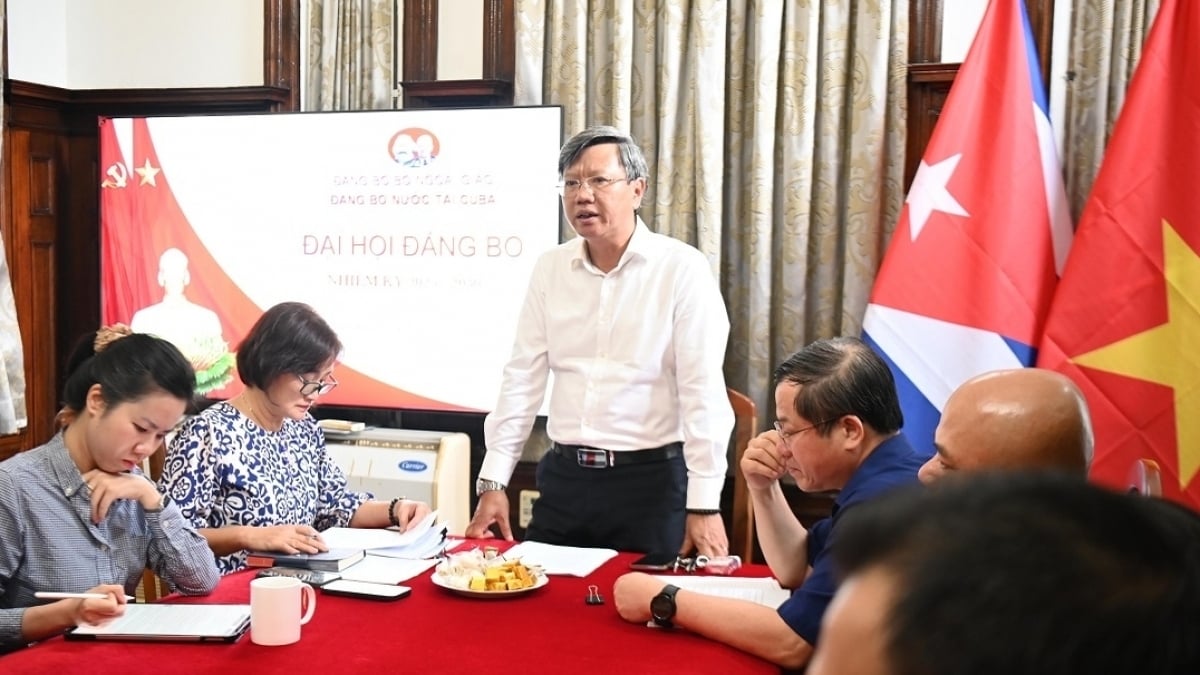
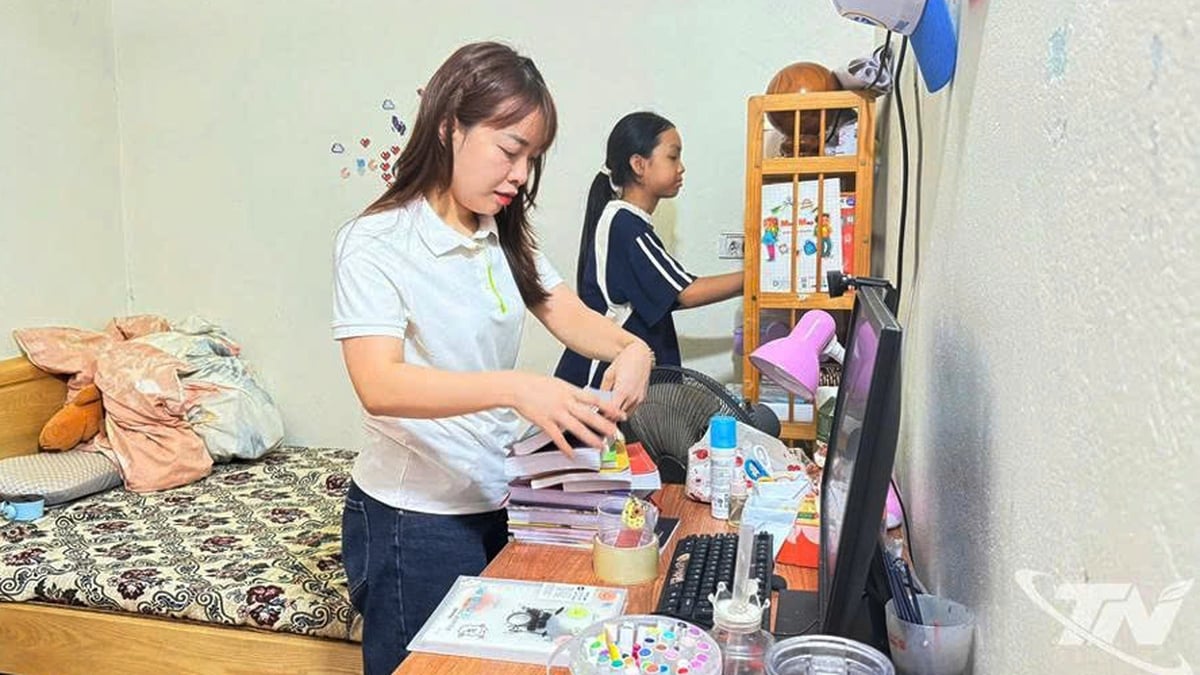
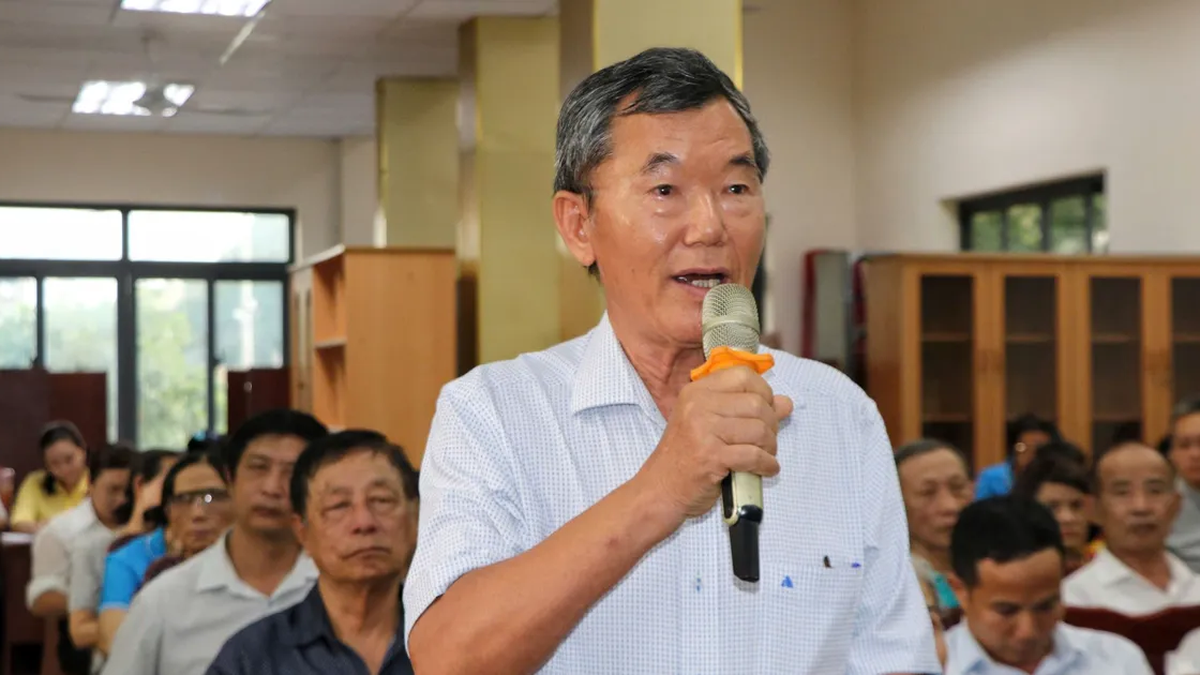

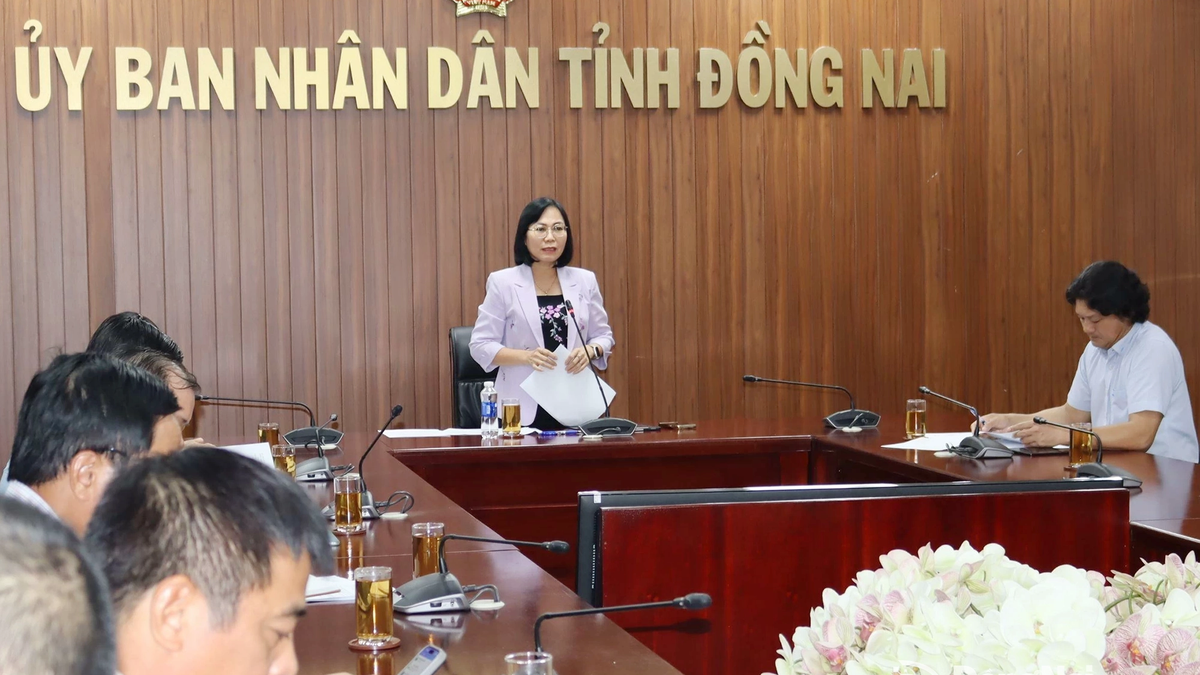
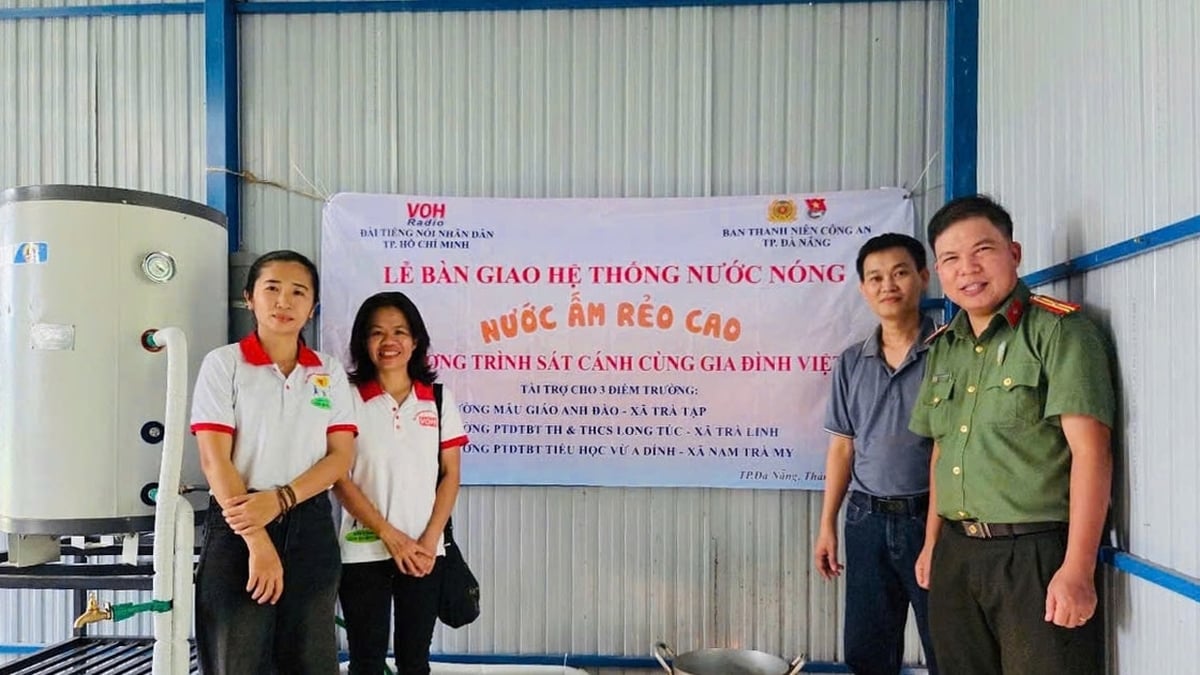












































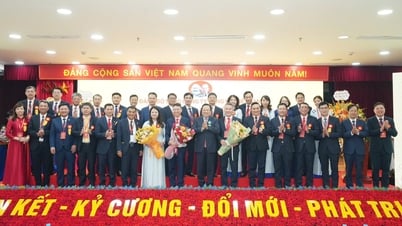









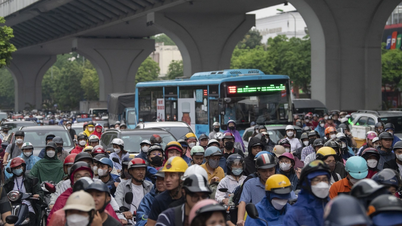
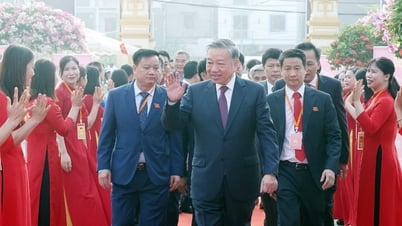
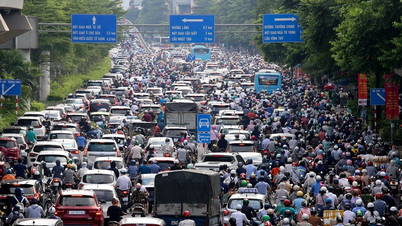
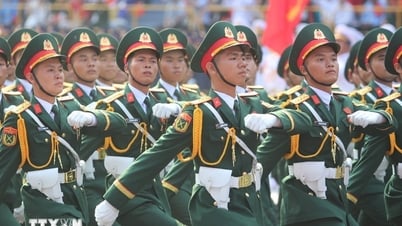







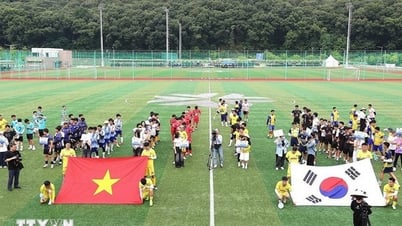

























Comment (0)